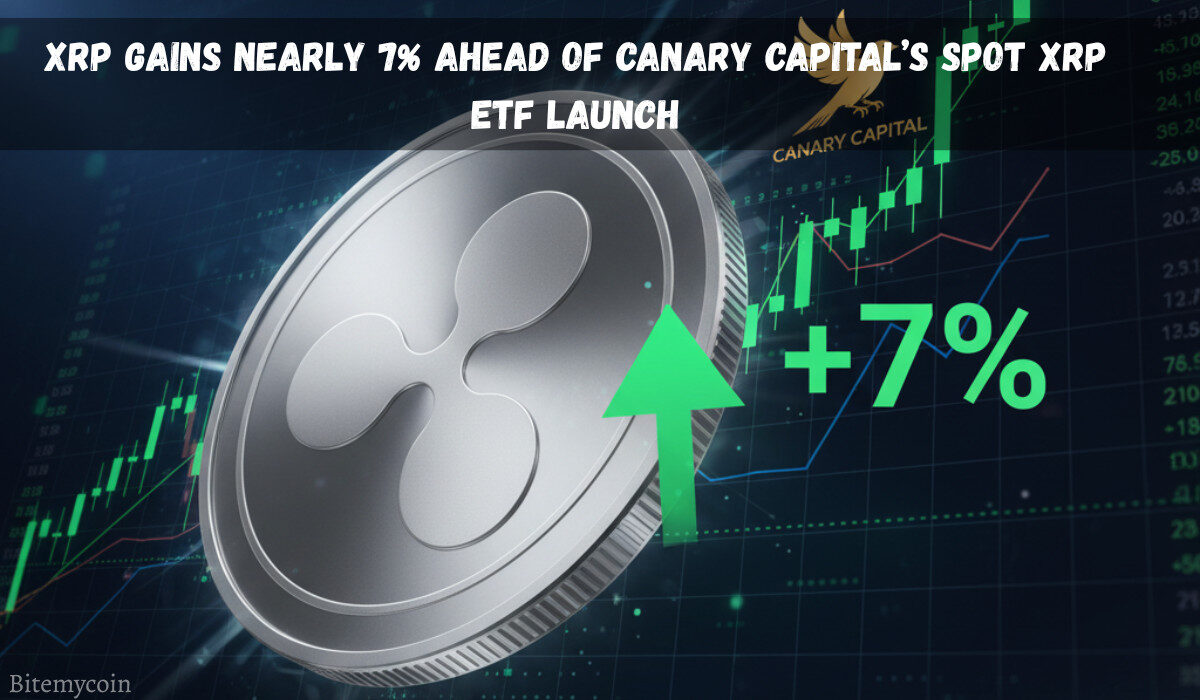UK Falling Behind in Crypto Adoption, Kraken CEO Warns Over Restrictive Laws

Key Takeaways
- Arjun Sethi, co-CEO of the U.S. crypto exchange Kraken, has criticized the U.K. Financial Conduct Authority’s (FCA) strict rules on crypto promotion, warning that excessive disclosure could discourage investors and drive capital away from the market.
- The FCA’s rules require crypto firms to post clear risk warnings on their platforms and maintain a positive relationship with competitors. Meanwhile, users must fill out assessments to understand the risks associated with digital assets.
- The U.K. also doesn’t allow firms to provide yield or other incentives to users, denying them access to key market products like DeFi lending or staking. Sethi said these measures are putting the country at risk of losing out to global crypto hubs like the U.S., Singapore, and Hong Kong.
- Since the FCA’s crypto promotion rules came into effect in 2023, many crypto firms have either scaled back or stopped offering their services to UK clients.
Kraken co-CEO Arjun Sethi has called out the United Kingdom’s stringent crypto regulations, warning that the Financial Conduct Authority’s (FCA) restrictive approach towards the industry could slow adoption and stifle innovation.
Speaking to the Financial Times, he said the financial watchdog’s strict rules on promoting crypto services are preventing users from accessing nearly 75% of key financial products, including DeFi and lending – two of the most popular ways for investors to earn yield on digital assets, driving capital away from the market by deterring potential investors.
Kraken Co-CEO Arjun Sethi Warns the FCA’s Strict Crypto Policy Is Detering UK Investors and Driving Capital Away
The Kraken chief noted that crypto users in the UK often see pop-up warnings when they open a crypto-related platform, which he likened to the sort of messages found on cigarette boxes advising consumers about the potential health risks associated with smoking.
Since the FCA introduced its financial promotional rules for the crypto market in 2023, several major global crypto firms have either scaled back their activities or stopped serving UK clients entirely. According to Sethi, these regulations have left most crypto users in the country “locked out of innovation,” as they can no longer access products that remain freely available in other leading crypto markets like the United States, Singapore, and the European Union.
Sethi argued that consumers leverage crypto for its instant settlements and fast transaction speeds, and even though disclosures are important, forcing users to go through 14 steps makes it worse. This is the first time a crypto official has spoken out against the Financial Conduct Authority’s rules.
FCA’s Crypto Promotion Rules Require Users to Fill Out Questionnaires to Understand Market Risks, and Crypto Firms to Post Clear Warnings on Their Platforms
The FCA’s rules require companies providing crypto services in the country to post clear risk warnings on their websites and apps, create “positive frictions” between firms, and ask users to fill out assessments to prove whether they fully understand the risks of handling cryptocurrencies. The regulator also bans firms from offering crypto incentives or yield to investors, from DeFi (Decentralized finance) lending or staking.
He emphasized that this environment makes it difficult for major industry players like Kraken to compete and expand in the market. Sethi said that if users are unable to access most of the products that make crypto “dynamic,” then the UK risks falling behind in global digital finance.
He added that these extra precautions could deter customers from investing in crypto entirely, making them miss out on potential market opportunities.
The U.K. has long been taking a more cautious approach towards crypto, especially when compared to the friendlier stance adopted by the U.S. government under President Donald Trump. Just last month, the FCA sued HTX, a crypto exchange owned by Tron (TRX) founder Justin Sun, for failing to comply with its financial promotion rules.
The financial watchdog responded to Seth’s comments, claiming the rules are necessary to ensure consumer protection and bring awareness of both the benefits and risks of investing in crypto assets. The agency noted that while users must complete a questionnaire before viewing a promotion from a crypto service provider, it is not required every time they make a purchase or trade tokens.
The FCA added that its rules are intended to help consumers make informed decisions on whether investing in crypto is the right choice for them.
Kraken Won’t Offer Tokenized Securities, Calls Them a “Terrible Idea” and a “Legal and Liquidity Risk”
In the Financial Times interview, Seth also touched on the real-world asset (RWA) tokenization – digital tokens that represent ownership in traditional financial assets, such as stocks, bonds, or real estate. He clarified that Kraken has no plans to offer tokenized shares of private companies, calling it a “terrible idea.”
He pointed out crypto and equities trading platform Robinhood’s decision to offer tokenized OpenAI shares earlier this year, with the company facing immense backlash on the market after the AI giant denied any involvement with the tokens.
Sethi said that tokenizing a privacy company’s equity introduces significant legal and liquidity risks, particularly if the firm is not publicly listed. He added that such products can easily mislead investors into believing that they are buying legitimate shares, but in reality, they are purchasing unregulated digital derivatives.
In March 2025, Kraken was granted a U.K. Electronic Money Institution license by the FCA. This registration allows the crypto exchange to issue electronic money and facilitate faster deposits and withdrawals for customers. Furthermore, the license permits Kraken to establish strategic partnerships with local financial institutions and introduce new crypto products targeting U.K. users.
As crypto adoption accelerates on a global scale, industry leaders like Kraken are pushing the U.K. to find a proper balance between investor protection and innovation. The country’s regulation-by-enforcement approach is putting it at risk of losing out to new crypto hotspots like the UAE and Hong Kong.
Crypto & Blockchain Expert



